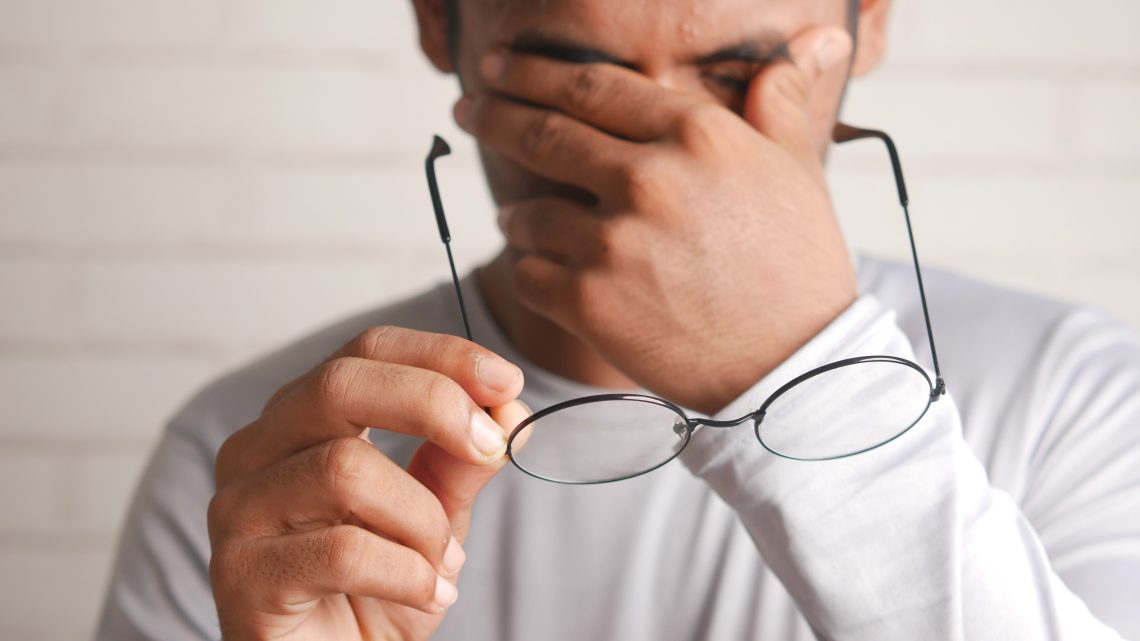Chronic sleep deprivation is an issue shared by many adults. While its effects are tied to poor mental health, diet, and increased risk for diseases, what’s not often discussed is the impact it has on workplace safety. This article discusses the recommended amount of sleep for adults, consequences of inadequate sleep on a personal and professional level, and potential factors that could be keeping you up at night.
How Much Sleep is Recommended?
According to the CDC, adults ages 18-60 should get 7 or more hours of sleep per night. It’s a common misconception that the older you get, the less need you have for sleep. But adults ages 61-64 are still recommended to get between 7 to 9 hours of sleep per night. For those over the age of 65, they should be getting at least 7 to 8 hours. Any less than that can result in cognitive impairment.
What Are the Common Issues Associated With Poor Sleep?
There are many negative consequences brought on by inadequate sleep, such as:
- Changes in mood—depression, irritability and anxiety are more likely to occur
- Difficulty concentrating
- A weakened immune system—your body is less capable of fighting viruses and is at higher risk of diabetes, heart disease and high blood pressure
- Weight gain—your body is less likely to feel full after eating and it’s common to overeat as a result
- Issues with both long and short-term memory
How Does Sleep Deprivation Effect People at Work?
- Poor sleep effects workers in nearly every aspect of their lives—even financially. Sleep-deprived employees are twice as likely to miss work as their well-rested counterparts.
- Workers who don’t sleep enough are more likely to have poor performance at work. This could jeopardize their job security and potential for promotion.
- Sleepy workers are more likely to have decreased reaction time and exercise poor judgement. This leads to an astonishing 70% increased likelihood of a workplace injury.
History has shown that poor sleep and fatigue can have disastrous effects at work. The Chernobyl nuclear plant explosion is believed to be caused by an error an employee made while working a 13-hour shift.
You can read more about how to prevent accidents at work here.
What Can Cause Poor Sleep?
Poor sleep can be caused by many factors. Among these include:
- An irregular sleep schedule. It’s best to go to bed around the same time at night. Jet lag and shift work can also affect the body’s ability to fall asleep at a regular time.
- Eating and drinking before bed. This can promote wakefulness signals and cause you to have to get up and use the restroom.
- Stress–perhaps the most elusive factor which can be both the cause and effect of poor sleep. Finding a way to relax and have a positive attitude toward sleep makes the onset much quicker. Meditation can be a great way to promote this.
- Sleep disorders such as sleep apnea and insomnia
- Chemical reasons
- Caffeine can keep you awake especially if consumed after 12 PM
- Alcohol has been shown to interfere with the sleep-wake cycle. It’s best to limit drinking if you are trying to improve your sleep hygiene.
- Sleeping pills may have a rebound effect on sleep and cause dependence
As you can see, there is a long list of reasons for why getting enough sleep is essential. Don’t let sleep be the enemy of your success. Read more about how to promote good sleep hygiene here.





No Comment